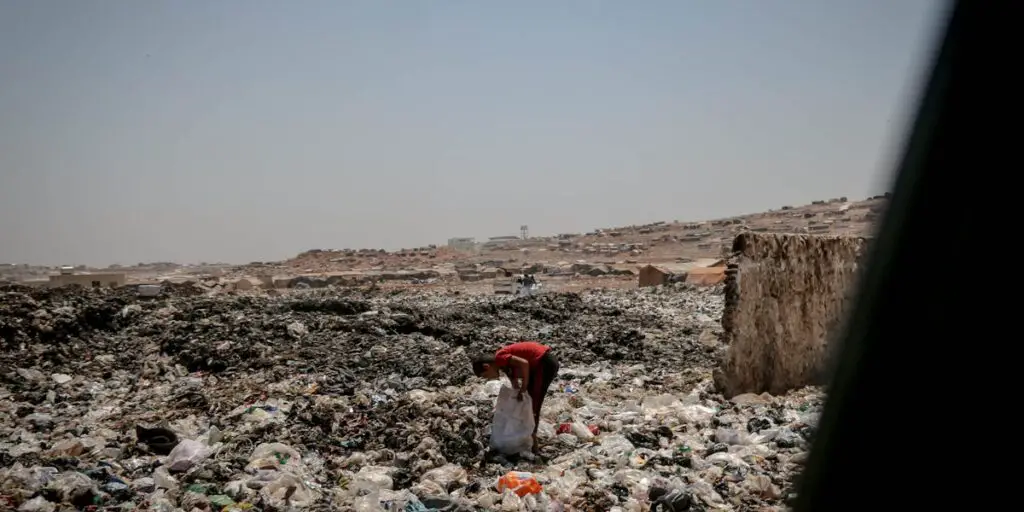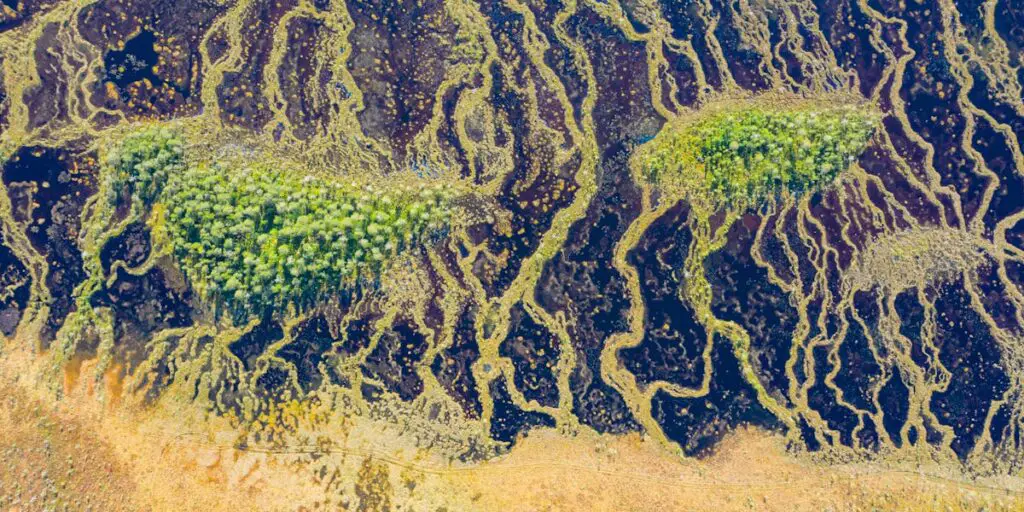Explain Environmental Justice, CPCB, Smog, and Greenhouse Gases (200 words)
a) Environmental Justice Environmental justice refers to the fair treatment and meaningful involvement of all people, regardless of race, ethnicity, income, or nationality, in environmental policymaking and enforcement. It ensures equitable distribution of environmental benefits and burdens, such as access to clean air, water, and land while protecting communities from disproportionate exposure to pollution and […]
Explain Environmental Justice, CPCB, Smog, and Greenhouse Gases (200 words) Read More »










